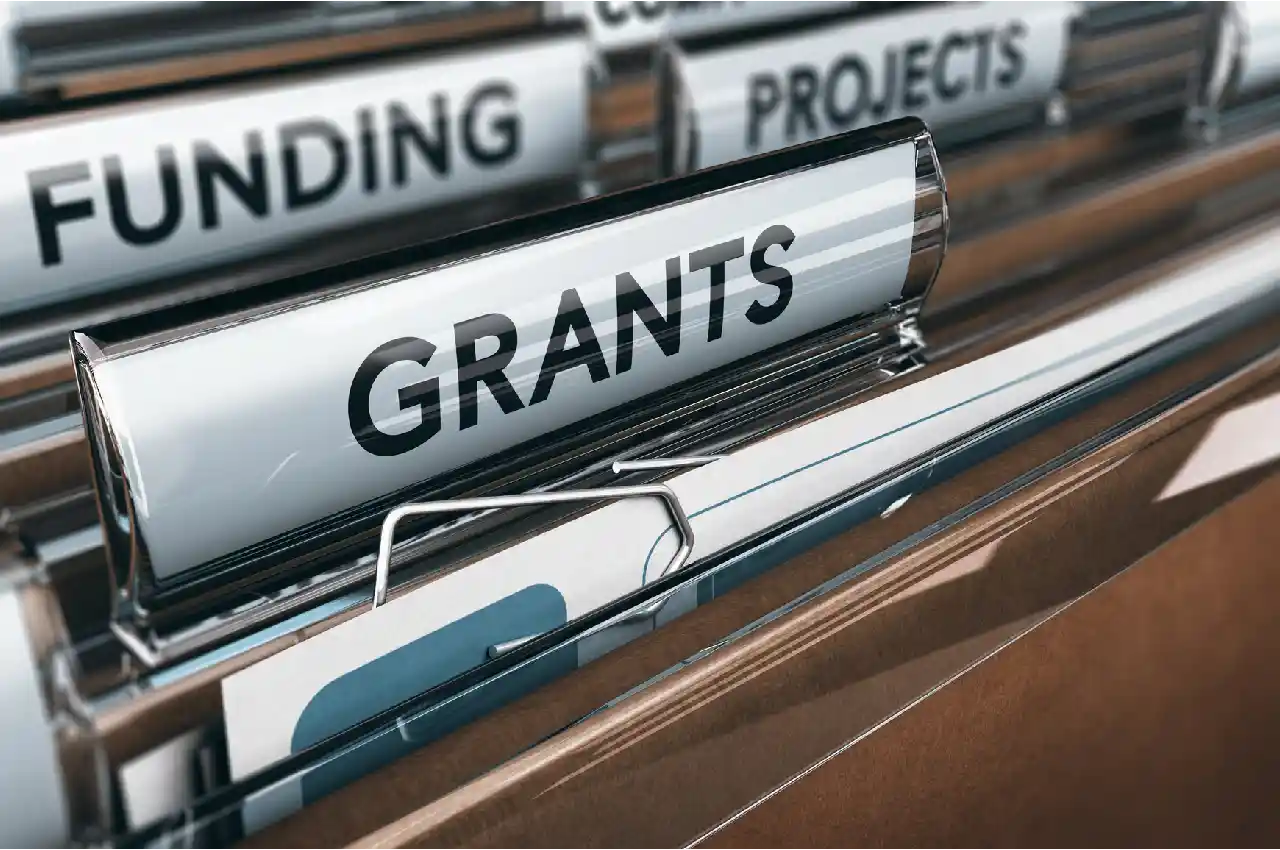NEWS
What Are the 4 Types of Grants?

Grants
Having a great idea for a project or an organization is only the start of making it a reality. To turn a dream into something more concrete, you’re going to have to find the funds to do so. Fortunately, federal grants are available if you know where to ask and the protocol to follow.
These processes can seem overwhelming at the outset, but with a little know-how and perseverance, you might get lucky! So, what are the 4 types of grants available? Understanding these avenues to secure the help you need will stand you in good stead.
In the face of the constantly changing legislation concerning grants and awards, it’s not uncommon to feel a little lost. There’s a lot of bureaucratic red tape to navigate and understand when asking the government for money. This won’t be surprising, but it’s not quite as complicated as you might imagine.
There are a few grants available depending on your particular venture, and you’ll have to do a little research to find out which one applies to you. Read on to find out more!
1. Competitive Grants
Unfortunately, the government doesn’t have an unlimited pool of money to draw from to fund everyone’s ideas. Some ideas won’t work or might already exist in a different form or under another name. For this reason, all ideas have to pass through a stringent screening process before being greenlit.
Competitive grants are among the most popular options to apply for, as they’re based on the merit of your idea. Each proposal is compared to others on equal terms. If your venture is particularly impressive you’ll be contacted to discuss things further.
There are some drawbacks to applying for competitive grants, however. Due to their popularity, applicants may have to wait months before hearing back. In this case, any venture that’s time-sensitive might miss its window of opportunity due to the slow application process.
For a proposal to be seriously considered, they have to be immaculately researched and written. It’s not uncommon for proposals to take up to 150 hours to write before they’re even of sufficient quality to submit.
2. Formula Grants
Rather than being based on the merit of an application, these grants are given when certain criteria thresholds are met. If someone meets the necessary predetermined mathematical formula, they’re given their grant automatically. These awards are also highly sought after, but not in the same way as competitive grants.
These grants are typically awarded to different localities rather than to an individual. The award is then discussed at the level of local jurisdiction, such as community groups and local government. If your idea falls within their purview, it’ll be up to them to decide if your idea has sufficient merit.
Medicaid health insurance assistance, public education, and transportation infrastructure are all examples of areas that can benefit from formula grants. If your town has ever started a new program through the Infrastructure Investment and Jobs Act, you’ve benefited from a formulaic grant award.
3. Pass-Through Grants
Pass-through grants are federal funding awards given to organizations that are trusted to distribute funds at their discretion. These funds are distributed as the state sees fit, and can be handed out as both competitive and non-competitive awards. This type of grant allocation structure assures the state government has both flexibility and autonomy throughout the award process.
Many cities and tribal governments are now acting as pass-through entities. They distribute awards from the American Rescue Plan and Local Fiscal Recovery Fund, etc.
These funds are often reserved for public health initiatives designed to offset the damage of the pandemic. They’re also used for technological infrastructure, maintaining public services, and payment to ensure the employment of essential workers.
Essentially pass-through grants are awards issued directly by your local federal agency.
4. Continuation Grants
As the name suggests, these grants offer support for an existing approved award. It’s often much easier to secure continued support than to get it in the first place. If you’ve made demonstrable progress with the help you’ve been given, continued support ought not to be far out of reach.
Continuation grants generally depend on your performance during the first or second year and if your plans continue to benefit the system as a whole. The federal government wants to spend its money wisely. If you can prove you’ve achieved or are well on your way to achieving your goals, you’re more than halfway there.
Find continuation grants by searching your state’s grant office online. If you’re seeking to prolong your funding past the initial agreed-upon budget, this is the grant for you!
If you’re struggling financially and looking for information about the different types of grants available for individuals, have a look at Grantsupporter.com! Thanks to the current economic situation, the government is offering various forms of financial aid you might not yet be aware of.
What Are the 4 Types of Grants? Now You Know
It may seem unlikely that the federal government would assist you with funding. They aren’t often looked upon as particularly helpful in many respects. The truth, however, is that you simply have to play by their rules.
So long as you know your position and which branch of federal funding to pursue, you can’t go wrong. Hopefully, the basics we’ve put together will help you get started!
If this article has helped you answer the question, “What are the 4 types of grants,” and you’re eager to learn more, check out more of our financial-based help articles today!
Having completed my education in English, I’ve cultivated a successful career as a content writer. My tenure includes valued collaborations with distinguished professional organizations, reflecting my commitment to producing high-quality content.
Contact me on this mail: [email protected]










